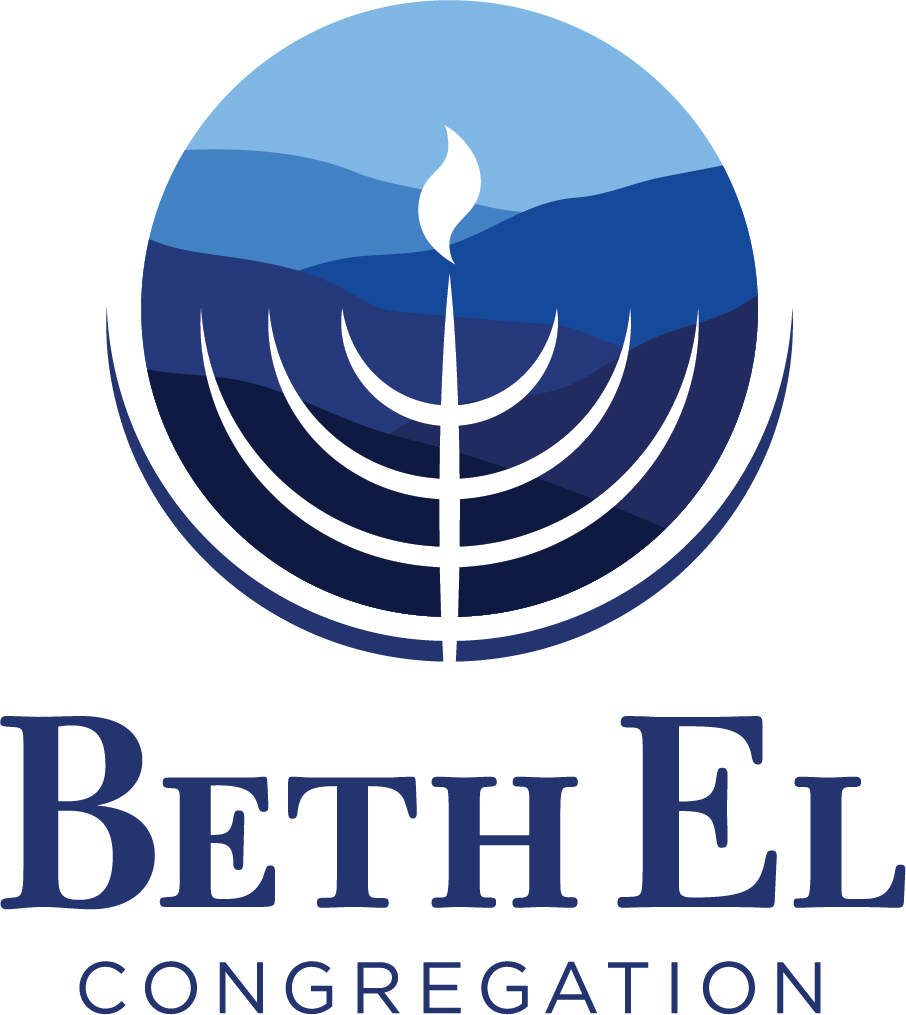D’var Torah June 6
I hope you are well.
Here is a video message: https://drive.google.com/file/d/132rqJsVYTAoe7tKTpc-W2pkP4Pj6cAYP/view?usp=drivesdk
And here is the written message:
This week, we delve into Parshat Naso, the longest Torah portion in the entire Torah! “Naso” means “to take up” or “to elevate,” and it carries a powerful message about individual responsibility, elevation of spirit, and the sacredness of our interactions.
After the census and organization of the tribes in Bamidbar, Naso focuses on specific groups and their roles. It begins with the census of the Levites, detailing their duties in carrying the sacred components of the Tabernacle. This reminds us that spiritual work, the carrying of holy things, requires specific dedication and care.
The parshah also discusses the laws and the specifics of the Nazirite, an individual who takes a special vow to dedicate themselves more fully to God for a period, abstaining from certain things like wine and cutting their hair. This voluntary act of self-discipline, while specific to that ancient context, speaks to a timeless truth: that intentionally elevating our commitment to our spiritual path can bring us closer to the Divine. It highlights the power of personal vows and the pursuit of holiness through discipline.
Perhaps one of the most beloved and enduring parts of Parshat Naso is the Priestly Blessing, or Birkat Kohanim:
“May God bless you and protect you.
May God deal kindly and graciously with you.
May God bestow divine favor upon you and grant you peace.” 1
These aren’t just ancient words; they are a timeless invocation of blessing, protection, of grace, and of peace. They are a reminder that even in a world filled with challenges, there is a divine source of well-being, ready to flow into our lives and through us to others.
So, what does this rich tapestry of Parshat Naso mean for us today?
Firstly, like the Levites, we are all called upon to carry something sacred. For us, that might be our values, our integrity, our commitment to service, or the welfare of those we lead and serve. Each and every day, we “elevate” ourselves by upholding these sacred trusts.
Secondly, consider the spirit of the Nazirite. While we don’t take such vows literally, we can all find ways to practice intentional dedication and discipline in our lives. This might mean dedicating time to spiritual practice, exercising self-control, or consciously choosing actions that elevate our character and our unit’s mission.
And finally, let the words of the Priestly Blessing resonate within you. Not only are they a source of personal comfort and hope, but they also offer a powerful reminder of our capacity to be a source of blessing for others. Just as the Kohanim delivered this blessing, we, through our actions and our presence, can bring protection, kindness, and peace to those around us. Be a blessing to your families, and to your communities.
And here’s a phrase to carry with you this week, a spiritual elevation for your journey:
With focused prayer, your spirit will bear blessings to share everywhere!
May this Shabbat Parshat Naso, inspire us to elevate our commitments, embrace our sacred responsibilities, and become conduits of blessing and peace in our lives and in the world.
Shabbat Shalom to you and to your families.
All the best,
Scott I. Klein, Ed.D.
